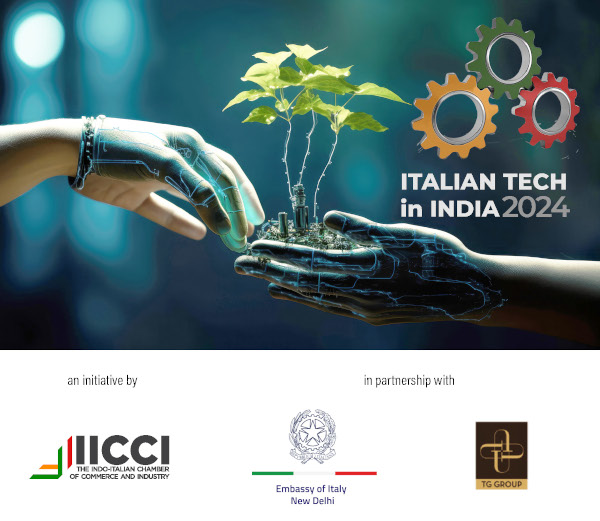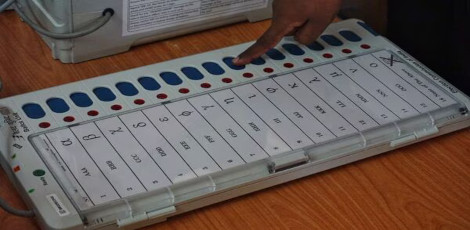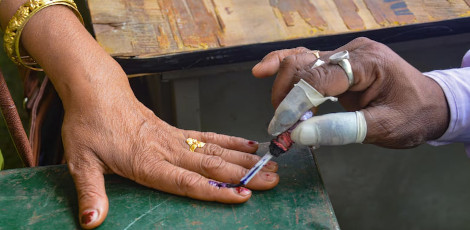No. of views : (3326)
Eco Friendly Bagasse Plates for serving Meals in Train
Posted on: 04/May/2018 2:40:58 PM

The Railway Department has initiated a scheme of having eco-friendly plates made of bagasse instead of polymer and plastic plates for serving meals. The first trail was done on the Sealdah Rajdhani and the reports from the Indian Railways confirmed that the scheme will be introduced in all the trains in coming months.
The trail received appreciations from all the corners and the internal discussions of the Railway Department reached a decision to replace the synthetic plates with natural bagasse plates in all the trains of India.
Initially the bagasse plates is introduced in the Premium trains and the sole purpose of this replacement scheme is to maintain a nature friendly eco policies that will not harm the environment in any ways. The wastes formed as the result of these so called non-biodegradable materials like Plastic and Polymer based plates harm the soil and the surrounding natural flora. So the new scheme is finding encouragement from all over the centers and Organizations that insist on eco-friendly replacements.
The Bagasse plates are produced from the fiber remains after the crushing process of Sugarcane and Sorghum stalks are done in the total extraction. With this remains in the form of dry pulpy residue the production of biodegradable materials are enabled. Then the formed material is converted into plates and other forms of natural usable products through machinery pressing process.
Bagasse production has a wide variety of eco-friendly applications like generating bio-electricity and producing eco-friendly containers that can be recycled again into the nature in the form of decomposition into the soil.
In this way the bagasse plates will be the best replacement for ever-harming plastic and polymer plates used in the trains. So the process of replacing it completely in all the trains of the Indian Railways will set a benchmark and inspiring model of adapting eco-friendly products in the public transportation.
This type of containers will hold more weight than the normal polymer based plates that can bend around anytime when handled wrongly. In fact many medical research experiments conducted all around the world confirms that the hot food will receive Nano-particles from the chemical compounds of the plastic and polymer plates. This particles will be carried on to our stomach during consumption causing harmful reaction inside the body.
The production and wholesale selling cost of plastic plates are somewhat lower than the bagasse plates. But the synthetic plates� creation negative impacts in environment is the main consideration than costs of the eco-friendly materials said one of the Officials of the Railway Department.
There is a chance of recycling the same bagasse wastes to produce other biodegradable materials or can be used in bio-electric generation and also as natural fertilizer. So the replacement is almost a kind of investment which is beneficial in many ways compared to the harmful synthetic plates.
Anyway the Railway Department will be presented with multiple options from various companies to showcase their own green wares so that they can select an economically balanced scheme to provide eco-friendly plates for serving food in trains.







